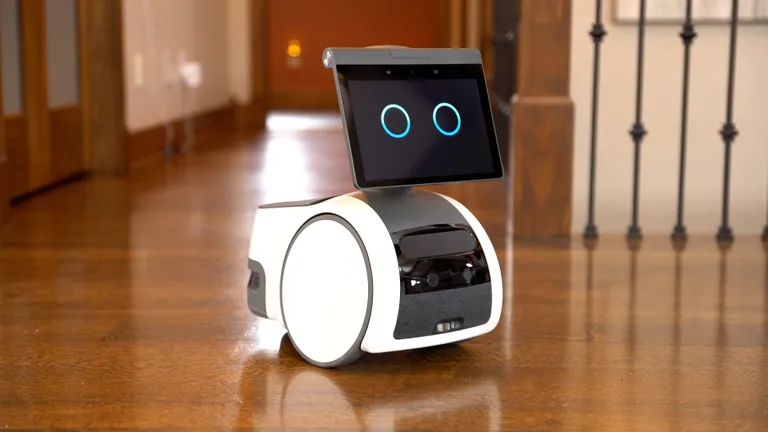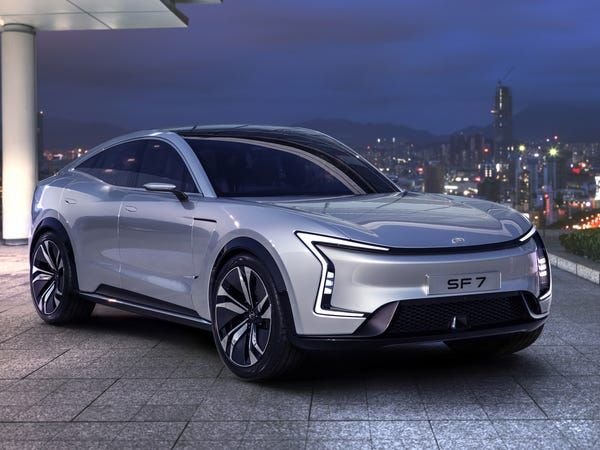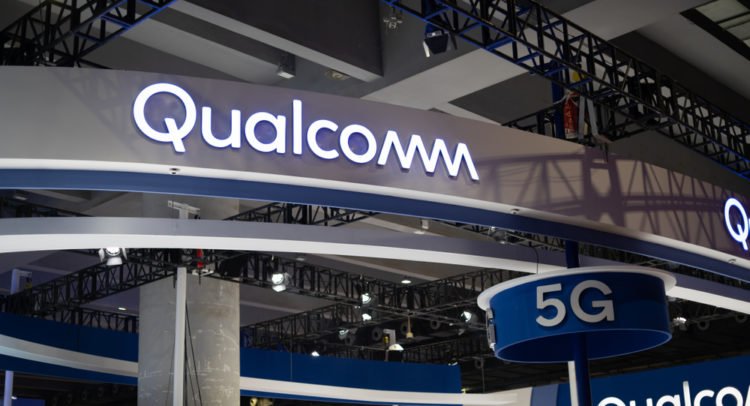Apple is working on creating household robots for personal use
Apple is still searching for its next groundbreaking product to maintain market dominance and generate new revenue streams after shelving its plans to create its own Electric Vehicle. According to Mark Gurman from Bloomberg, the company is now exploring the field of personal Robotics. It reportedly began investigating Robotics and Electric vehicles simultaneously, aiming to develop Machines that operate autonomously without human intervention. Although Apple’s Robotics efforts are still in the initial phases, Bloomberg reports that the company has already started working on a mobile robot designed to follow users around their homes, as well as a tabletop device that employs a Robotic Mechanism to move a screen. The purpose of the latter is to Mimic head movements and track a specific person in a group, likely to improve video call experiences. Since these robots would need to navigate on their own, the company is also exploring the use of algorithms for autonomous movement. Development is being led by Apple’s home devices division, with at least one engineer from its abandoned Electric vehicle project joining the team. However, unlike Smartphones, Robots aren’t a necessity for most consumers today. Apple reportedly has concerns about whether customers would be willing to pay a premium price for these robots, and company executives have yet to reach a consensus on whether to continue these projects. Gurman previously noted that if The Apple Car had come to market, it might have been priced at $100,000, potentially offering a larger revenue boost for the company. Now, with the Apple Car off the table, the company is focusing on the Vision Pro and other new home products, including a Home Hub Device with a display similar to an iPad. Nonetheless, Apple could still choose to cancel these projects and pivot to other product categories if more lucrative opportunities arise.
Apple is working on creating household robots for personal use Read More »










